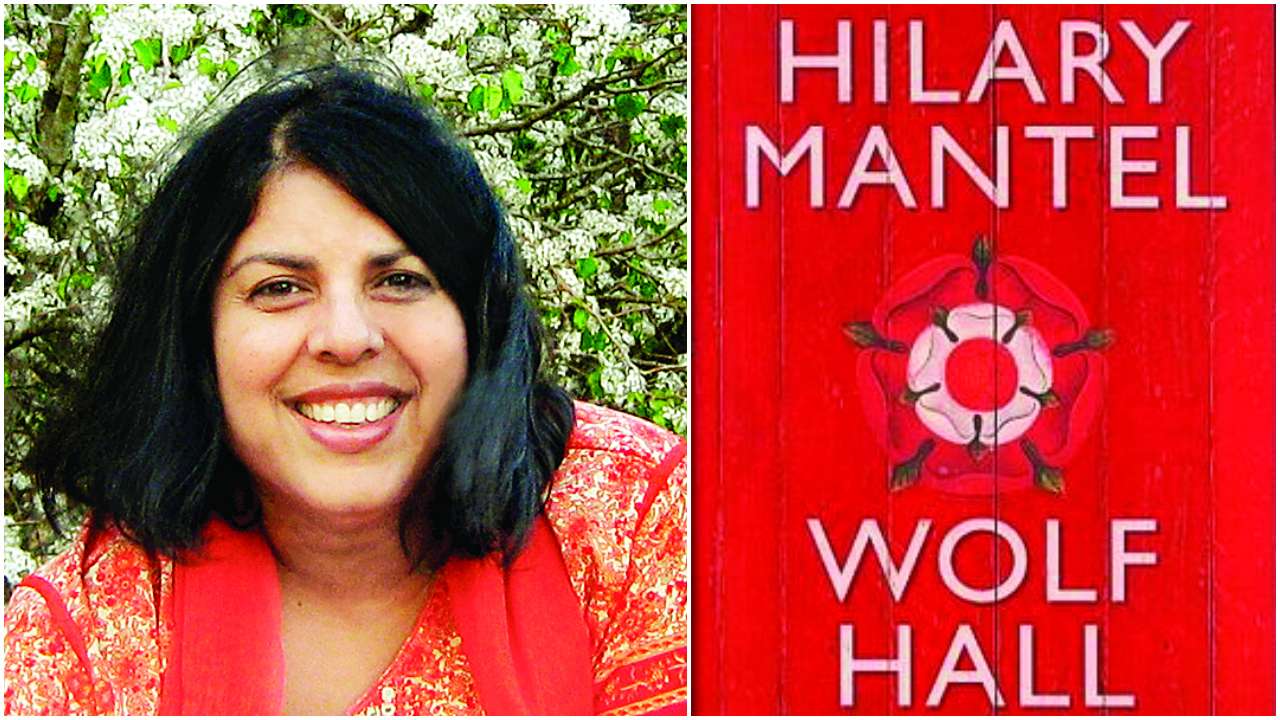
The power of a man is like a bull’s charge, while the power of a woman moves aslant, like a serpent seeking its prey. Know the particular properties of your power. Unless you use it correctly, it won’t get you what you want.” His words perplexed me. Wasn’t power singular and simple? In the world that I knew, men just happened to have more of it. (I hoped to change this.)” writes Chitra Banerjee Divakaruni in The Palace of Illusions, the brave book that attempted to re-tell the story of the Mahabharata through Panchaali’s point of view. First published in 2008, it brought into focus the woman’s perspective, something that’s so important to the award-winning author, and has remained a constant in most of her works, including Sister of my Heart, Mistress of Spices and Oleander Girl. With a special 10th anniversary edition of her bestselling novel out now and her upcoming, The Forest of Enchantments due for release, we caught up with the author for her views on her works...
I started thinking of it about five years before The Palace of Illusions was published. It took me several years to finish the research and also get the courage to handle Panchaali’s character.
I was not sure at all as to how it would be received. I was quite nervous. Firstly, because I was not sure if it would be positively received. Secondly, because it was a touchy subject. But readers have told me again and again that Panchaali’s words and feelings resonate with them and that she has given them courage in many areas of their lives. I am very touched every time I hear that.

(The special edition of The Palace of Illusions)
I always felt that there were so many amazing women in the Mahabharata — Panchaali, Kunti, Gandhari, and so many others. Yet, we know so little about how they feel or think. I felt that exploring the women’s perspective would help us understand the Mahabharata and also relate it to contemporary issues.
Three major ones struck a chord. Vyasa’s Mahabharat was my main source; almost equally important was the 16th century Bengali Kashidasi Mahabharat. A modern recreation of Draupadi, the novel Yajnaseni by Pratibha Ray gave me many ideas.
I started thinking of Sita almost as soon as I finished The Palace of Illusions. But it took a long time before I was satisfied with the research and the idea for the structure of the novel. Sita’s voice is very important. For so long she has been an icon in the Indian culture, the perfect woman, for many. But I feel she has been misunderstood and revered for the wrong reasons. People think she is meek and long-suffering (and that Indian women should be like her), but really she is strong, speaks her mind and overcomes even the greatest obstacles placed in her path. In the end, she refuses to compromise. I hope in this novel I have captured her voice, thoughts and emotions in a way that will inspire many men and women.
Your favourite woman character in a book
There are so many! I really love Scarlett O’ Hara in Gone with the Wind.
A book you recommend to anyone and everyone and why
This changes, but currently it is Wolf Hall by Hilary Mantel (maybe because my next novel will be a historical one)
Favourite author/authors
Tolstoy and Tagore
A book you have read and re-read over and over
The Lord of the Rings
A character from your books who is close to your heart
Definitely Sita in The Forest of Enchantments